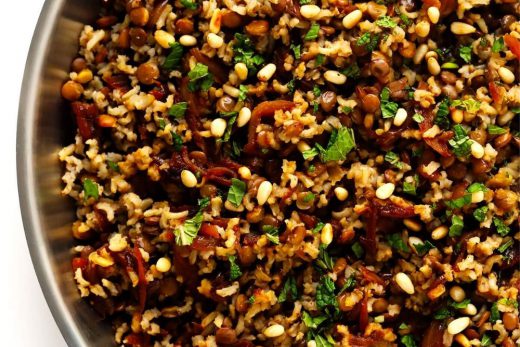In a 2010 article for Oxford American, he methodically blasted food writers’ long-standing habit of ignoring the contributions of black cooks to Louisiana’s cuisine. Instead, he argued, those writers twist and bend to invent tenuous connections to every European food culture from Spain to New England—including crediting French elites with the first gumbo.
I asked Elie why he thought the bouillabaisse explanation has had such staying power. “The assumption has been,” he says, “that anything you don’t understand about New Orleans culture when you are an American, you assume that it’s French.”
But the French mystique can lead us astray. “Until relatively recently, we never studied the African influence on American culture,” Elie says. “The assumption really was that the Europeans went and got these people who were capable of being taught things, but the people had nothing to contribute, so the assumption was the only contribution was labor.”
In reality, no one needed to teach Africans how to cook gumbo. They brought its base ingredient with them to the New World and they cooked it using techniques that had been handed down from one generation to the next. Far from being a food tradition unique to Louisiana, gumbo is instead an important part of the larger fabric of African-based foodways in the South as a whole.





